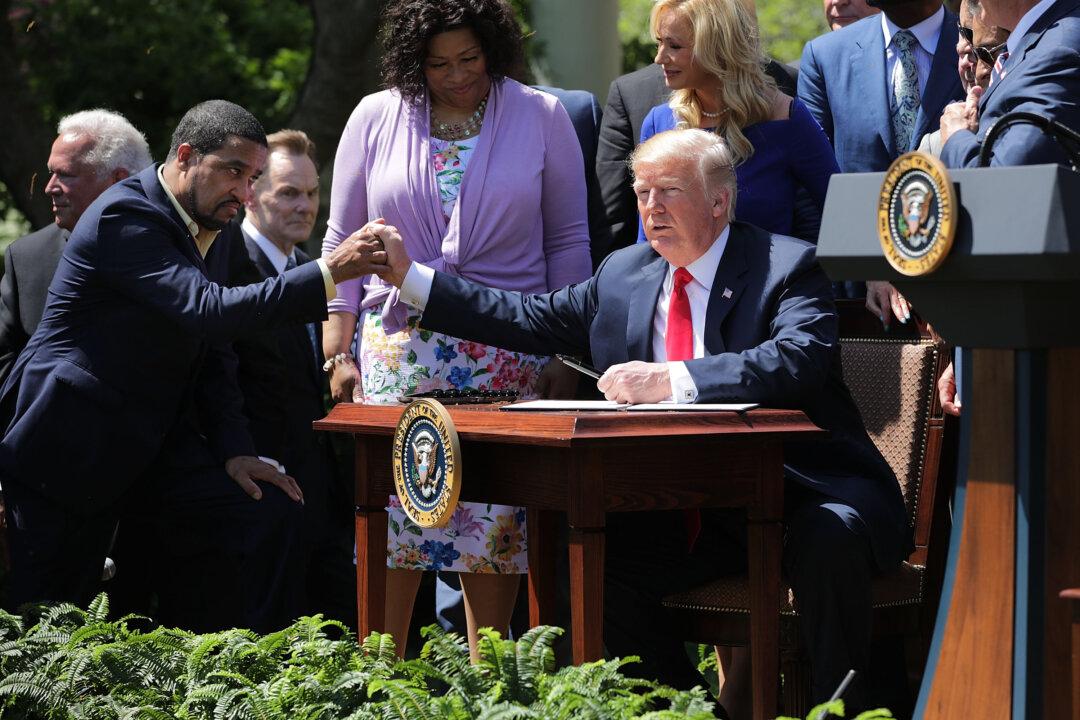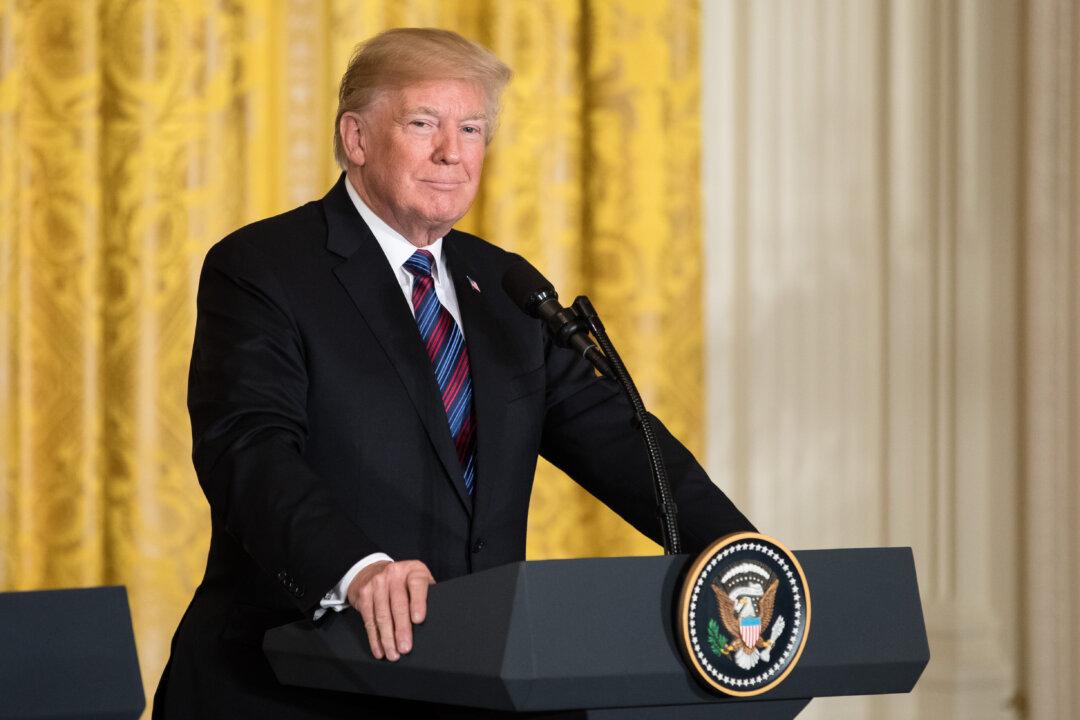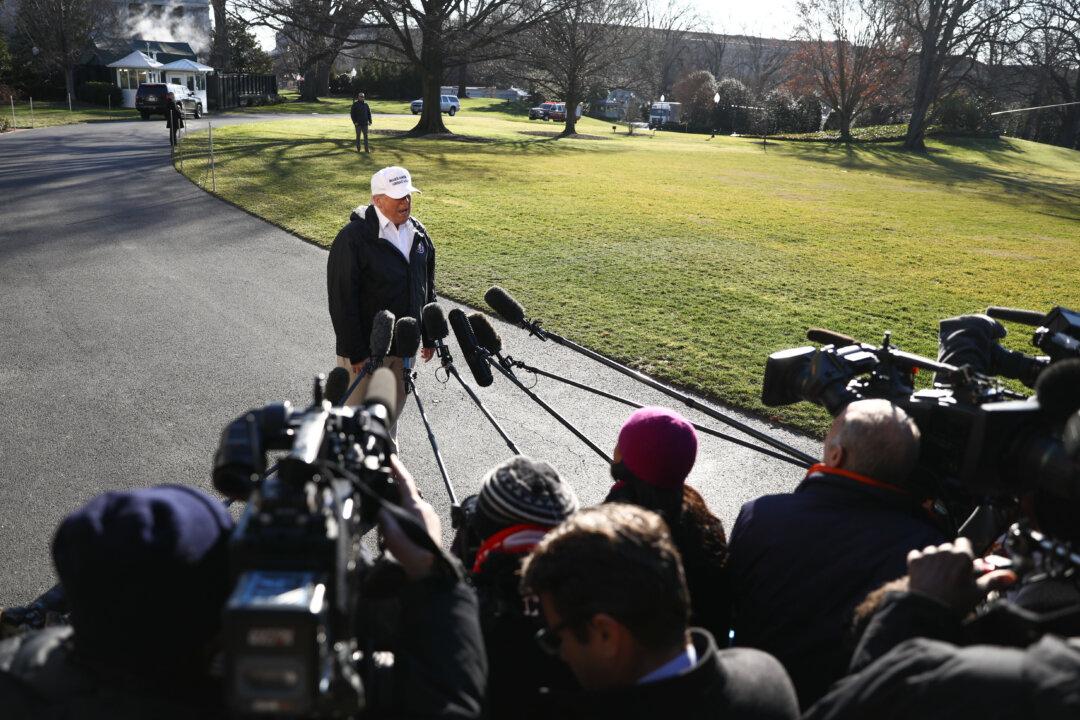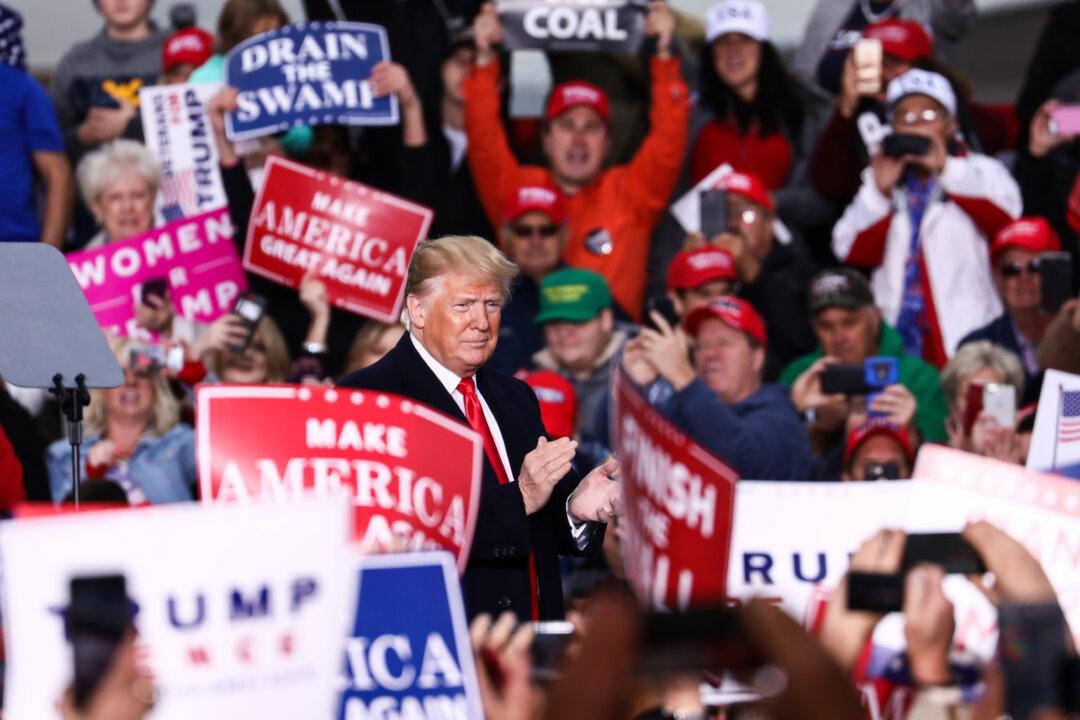During the election cycle of 2016, there were several pleasant surprises in the arena of race relations. One was seeing interviews with Pastor Darrell Scott (a pastor who happens to be black), who discussed how and why he had lobbied Donald Trump to run for president before he stepped down the escalator to declare his candidacy.
Scott, a major Trump supporter in the African-American community, said, “Trump is a white version of me.” He saw a vision of Trump being able to rally a genuinely multi-racial America. His support has never wavered.





